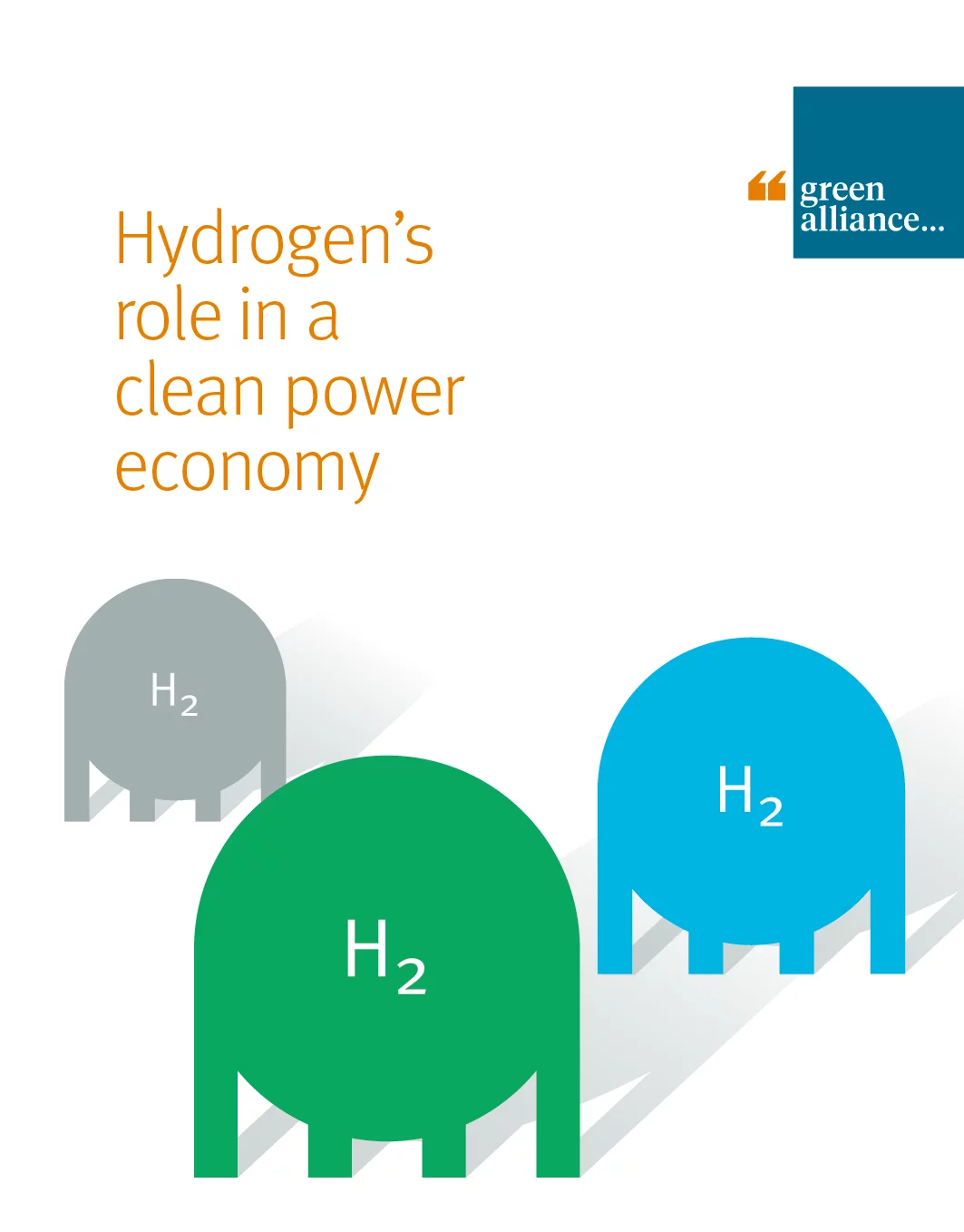Summary
Our modern society is reliant on thousands of chemicals in everyday items and products. Clothes, cars, toothpaste and cleaning products are just a few examples of things that all rely on chemicals, and many of the technologies needed in the net zero transition do too.
The UK chemical industry is a major contributor both to the economy and of greenhouse gas emissions. It is the joint most polluting industrial sector, alongside cement, and contributes £50 billion to the economy. Most chemicals are made from fossil fuels as an ingredient, and most chemicals manufacturing use fossil fuels for heat.
For the chemical industry to thrive in the transition to a safe climate, it needs to invest in greener feedstocks, cleaner processes, and skills and training. But an unstable policy environment and international competition have made this difficult. The new government’s proposed industrial strategy has the potential to rectify this.
On Thursday 23 January 2025, our expert panel discussed the findings of our recent briefing ‘Policy barriers to greening the chemicals industry’. We covered where government support and policy already exist for the chemicals industry, the role industry needs to play in this transition, the new policies that are needed to steer the course and what should be reflected in the governments new industrial strategy.
The discussion was followed by an audience Q&A.
Speakers
- Chair: Roz Bulleid, research and policy director, Green Alliance
- Rachel Armstrong, director of industrial decarbonisation & emissions trading, Department for Energy Security and Net Zero
- Darren Budd, commercial director UK & Ireland, BASF
- John Storey, project officer for worker-led transition, TUC
Speakers

Research and policy director, Green Alliance

Director of industrial decarbonisation & emissions trading, Department for Energy Security and Net Zero

Commercial director UK & Ireland, BASF

Project officer for worker-led transition, TUC

